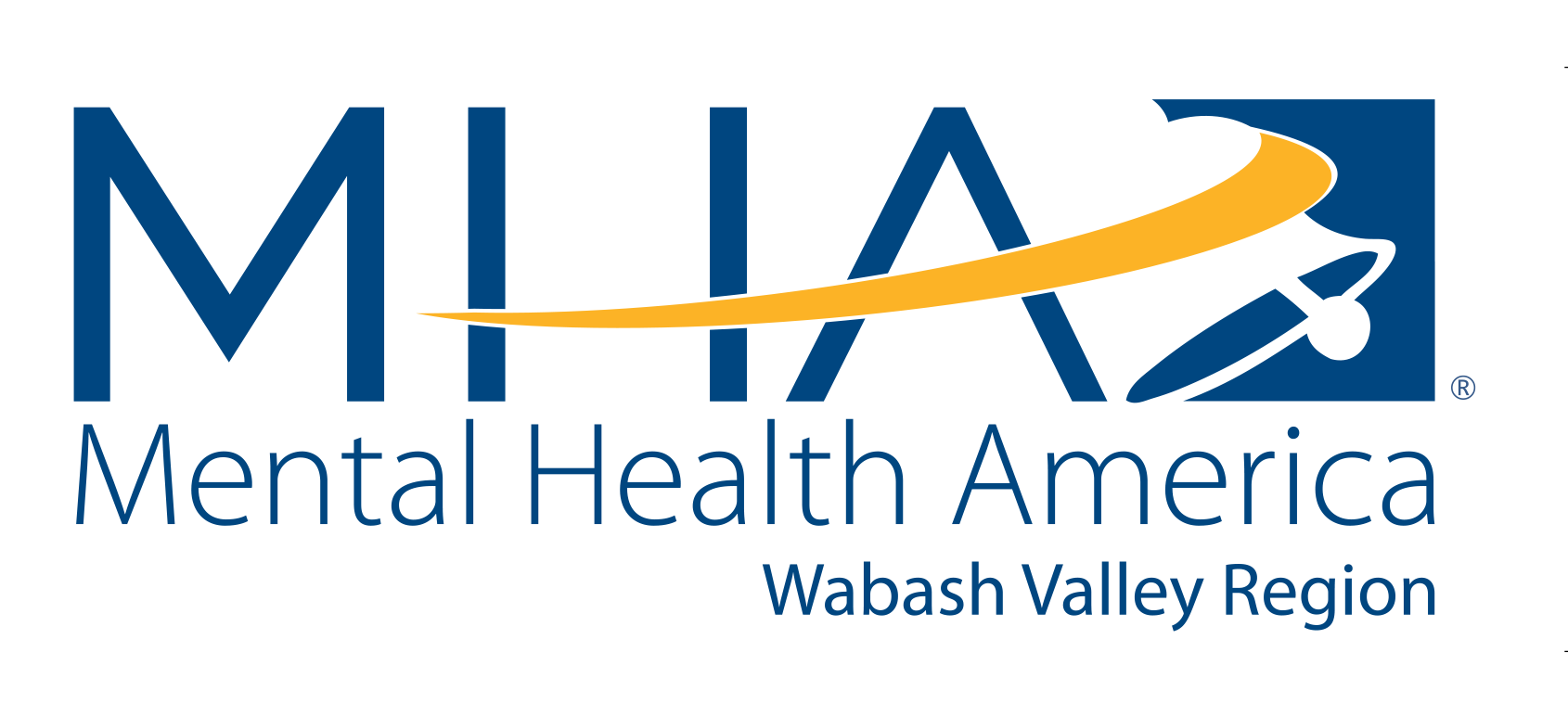
Michael is a funny, smart, and easy-going 13-year-old boy who adapted to e-learning but struggled when instruction transitioned back to the classroom. The roller coaster of school policies and expectations, coupled with not fitting into his peer group left Michael feeling helpless. Michael is tall, stocky, and strong, so when he tried to advocate for himself and discuss the bullying that had taken place, teachers were in denial that the “athletic kid” was being bullied.
“I knew that his attempt to self-harm was not a healthy response to what was happening, so I reached out to our pediatrician for some expert advice. She referred me to MHA-WVR.
I called Mental Health America – WVR and started communicating with Gidget. I could tell right away that she had the best intentions to find the right help for us. If we weren’t comfortable with an option, Gidget didn’t force it on us. We all worked together.” - Michael’s Mother
Michael connected with mental health professionals who support him and listen to him. He is no longer feeling helpless. He will be starting at a new school this year as the family felt they needed to proactively establish a healthy academic environment for both Michael and his little brother.
“Other resources that tried to help seemed so forceful in where to go and what to do. Gidget, with MHA-WVR, was always encouraging and listened to what we had to say. I felt that she truly cared about what was best for Michael and followed up to check on him, our whole family.” – Michael’s Mother
Data consistently suggests that the most at-risk population for mental health challenges is our younger generations. Suicide is the 2nd leading cause of death among high school aged individuals throughout the nation. 11.5% of K-12 students experience major depression in Indiana. MHA-WVR has set a priority to normalize early intervention and initiate the discussion of mental illness at a young age.
The longer an illness persists, the more challenging it is to treat and recover. Imagine our at-risk population of 14 – 25 year olds in 10 years; 20 years. Without reaching healthy developmental and emotional milestones, our younger generations may face profound challenges socially and lack coping skills when the pressures of adult life surface. When we – parents, teachers, leaders, and professionals – view depression like other illnesses, more adolescents will be helped. Collectively, we can set the precedence that mental wellness is a lifelong journey.
Many families in our community need help right now, and pre-pandemic shortages of clinicians have become critical as more people seek mental health care, most under the age of 25. However, there is always hope! MHA-WVR strives to engage with local public schools, youth support groups, pediatrician offices, and public libraries to advocate for our services, so that other children like Michael can receive the help they need to live productive and happier lives.
Your selfless contribution to MHA-WVR will help combat the stigma surrounding adolescent depression and anxiety while allowing for a greater advocacy impact in our service communities.
